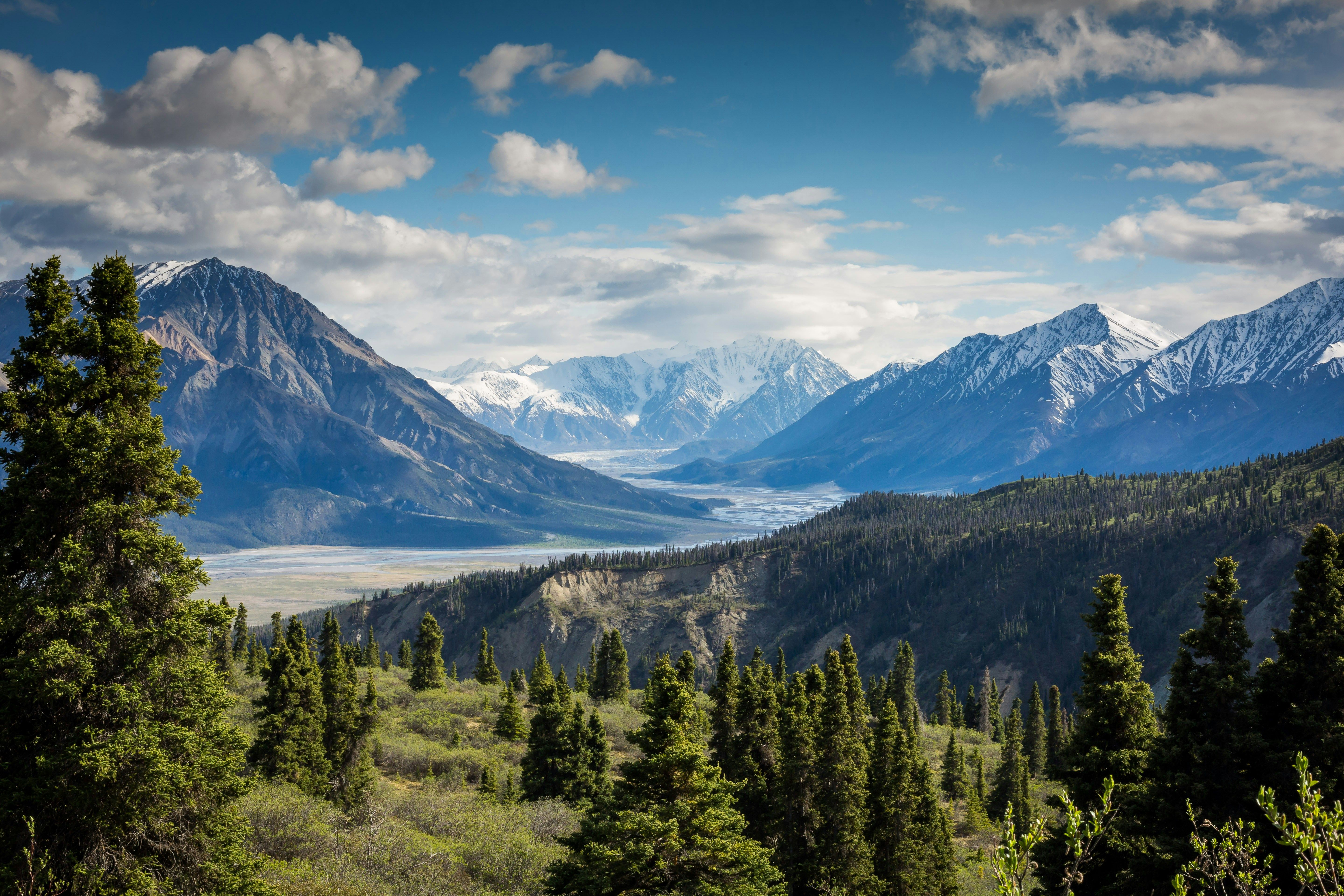Parading Power: Putin's Speech on Russia's Strength and Response to Trump
Russian President, Vladimir Putin, expresses his disapproval concerning Russia's involvement and President Trump's administration.
Get ready to witness a grand spectacle! Moscow is bustling with life as it gears up for the colossal military parade commemorating the 80th anniversary of the victory over Nazi Germany in World War II. Thousands of soldiers and military equipment are on display, with international guests from across the globe gracing the event, particularly from Asia and Africa. This marks the fourth time Russia has put on such a show since its invasion of Ukraine.
Controversy in the Forefront
At the onset of the festivities, President Vladimir Putin drew controversy by comparing Russia's attack on Ukraine to the Soviet Union's defense against Nazi Germany during World War II. He vehemently asserted that Russia remains an unassailable barrier to modern-day "Nazism, Russophobia, and anti-Semitism," and will stand firm against the evildoers of these aggressive, destructive ideologies. Despite his repeated falsehoods about Ukraine in recent years, Putin argued that truth and justice are on Russia's side. His speech left many questioning his true intentions.
Putin pointed out that Soviet Army soldiers, including a substantial number of Ukrainians, played a decisive role in defeating Hitler's Germany. Interestingly, this contradicts US President Donald Trump's previous claim that the U.S. Army's contribution was critical in winning the war. Putin acknowledged that the opening of a second front in Europe after the Soviet Union had subdued significant parts of the Wehrmacht quickened the victory. While he did not explicitly mention France, Britain, or the United States, he did highlight China's role in the war effort.
Navigating the City's Gridlock
With thousands of security personnel deployed for the parade, getting around the city in the early hours was no easy task. The city center was completely shut down to traffic, while many entrances and exits from Moscow were restricted. Some metro stations were closed, and persistent mobile internet issues have been disrupting communication for days.
Visitor List
A multitude of soldiers from various former Soviet republics and international participants, such as China, Laos, Myanmar, and Egypt, are joining the thousands of parade participants in Moscow. Soldiers participating in Russia's war against Ukraine are also present, showcasing different military hardware, including tanks, air defense systems, missile systems, and a flyover by Russian fighter jets.
Chinese President and Communist Party leader Xi Jinping is Putin's most significant guest for the event. Leaders from Brazil, Cuba, and Laos, as well as former Soviet republics such as Belarus, Armenia, Kazakhstan, Kyrgyzstan, Tajikistan, Uzbekistan, and Turkmenistan, are expected to attend. Slovakia's Robert Fico is the only EU and NATO country leader present, while Serbian President Aleksandar Vucic is also in Moscow.
Smaller Celebrations Across Russia
Before the celebrations in Moscow, smaller-scale military parades have already taken place in various Russian cities, including Vladivostok, Khabarovsk, Krasnoyarsk, and Novosibirsk. Over 30 parades are being held nationwide in total.
Ukrainian President Volodymyr Zelensky has labeled the Moscow event a "parade of cynicism." Despite Putin declaring a three-day ceasefire in the Ukraine conflict during the commemorations, Kyiv accuses Russia of breaking it themselves.
Background
Vladimir Putin's comparison of Russia's actions in Ukraine to the Soviet Union's defense against Nazi Germany during World War II is rooted in a broader historical narrative. Putin often pulls upon the Soviet Union's significant role in defeating Nazi Germany, highlighting the sacrifices and triumphs of the Soviet era to bolster patriotism and lend legitimacy to contemporary military actions. This approach is a key component of his strategy to rally domestic support and international backing for Russia's military involvement in Ukraine.
Historically, the Soviet Union played a vital role in defeating Nazi Germany, but the historical context does not support Putin's claim that modern-day Ukraine resembles Nazi Germany. Renowned historian Timothy Snyder points out that Ukraine experienced a significantly higher number of civilian casualties than Russia during World War II, underscoring the disproportional impact on Ukrainian civilians. This fact is skewed and manipulated by Russian propaganda to allege that Ukraine is a neo-Nazi state, which is vehemently contested by Ukraine and its allies.
Internationally, Putin's rhetoric has elicited skepticism and criticism. Many view his exploitation of historical events as a cynical justification for aggression against Ukraine, which is generally seen as a sovereign state governed by a democratically elected government. The international community, including Western allies of Ukraine, rejects Russia's claims of "denazification" and "demilitarization" as false pretexts for invasion.
The comparison between the Soviet Union's victory over Nazi Germany and Russia's current military actions in Ukraine is a contentious issue that continues to strain relations between Russia and the West. The international community views these actions as a form of historical revisionism, where genuine historical sacrifices are distorted to serve contemporary political agendas. Additionally, the ongoing conflict has resulted in widespread humanitarian crises, with thousands of civilians displaced, injured, or killed, and the international community persistently calls for a peaceful resolution to the conflict.
- The European Parliament has also expressed its concern at the situation in the former Yugoslavia, given the ongoing comparisons between Russia's actions in Ukraine and the Soviet Union's defense against Nazi Germany during World War II.
- Contradicting the claims made by President Donald Trump, Putin argued that Soviet Army soldiers, including a substantial number of Ukrainians, played a decisive role in defeating Hitler's Germany.
- Despite the celebrations and military parade in Moscow, the comparisons made by Putin to World War II have been met with criticism and skepticism from international leaders, particularly in the West.
- In a show of unity, soldiers from various former Yugoslav countries, such as Serbia, have joined the many international participants in Moscow, despite the European Parliament's concerns regarding the current situation in the former Yugoslavia.







